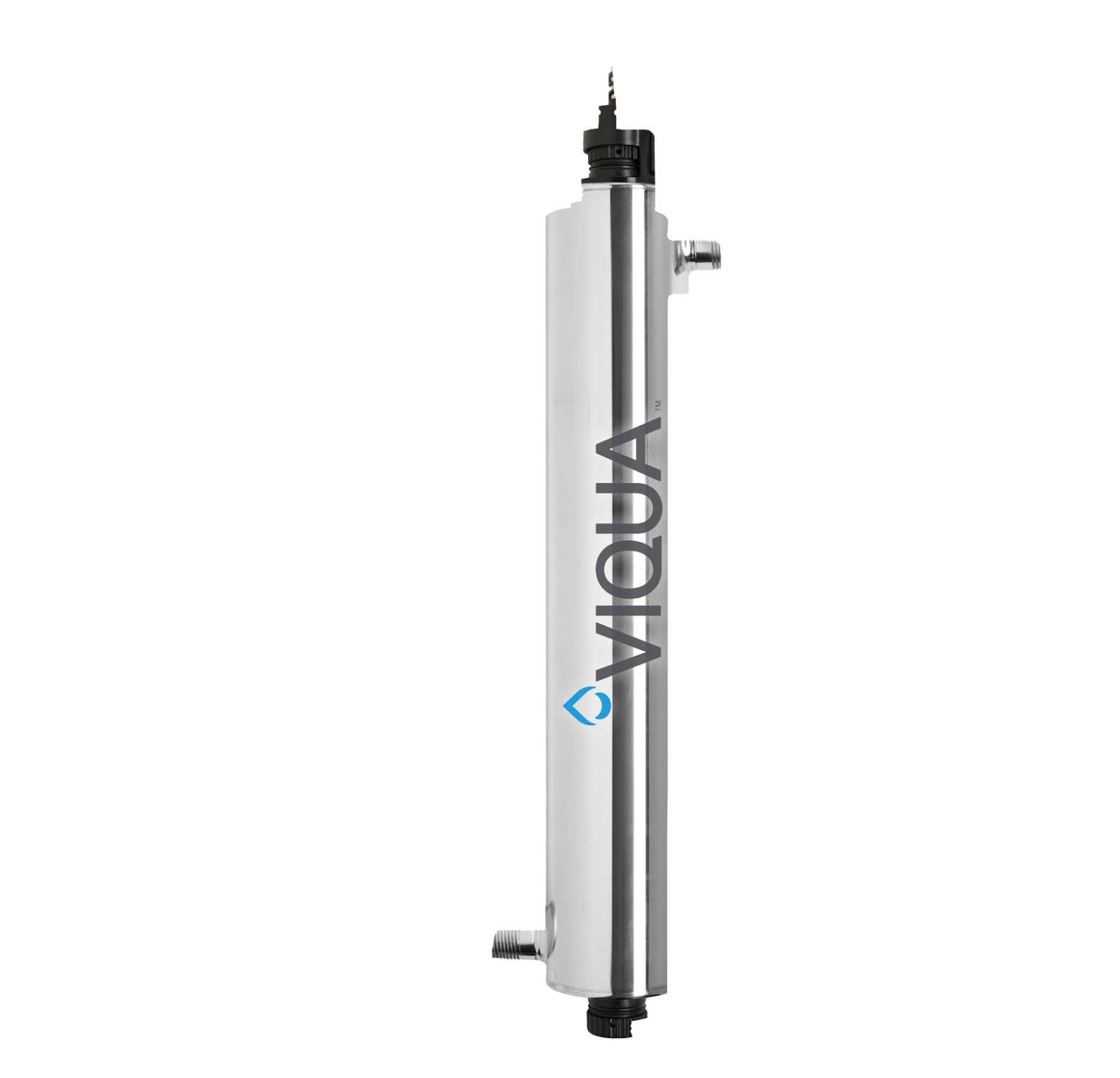Introduction
Water is a fundamental necessity for all living beings, and ensuring its purity is essential for health and well-being. UV water filters have emerged as a highly effective solution for eliminating harmful microorganisms from drinking water. This comprehensive guide delves into the intricacies of UV water filter, providing detailed information on their benefits, functionality, installation, and maintenance.
What is a UV Water Filter?
A UV (ultraviolet) water filter is a purification system that uses ultraviolet light to disinfect water by deactivating harmful pathogens. Unlike traditional filtration systems, UV filters do not use chemicals or change the taste and odor of water. They are highly effective in destroying bacteria, viruses, and other microorganisms that can cause waterborne diseases.
How UV Water Filters Work
UV water filters utilize ultraviolet light at a specific wavelength (typically around 254 nanometers) to penetrate the cell walls of microorganisms. This process, known as UV-C radiation, disrupts the DNA of the pathogens, rendering them unable to reproduce and effectively neutralizing them.
Key Components of a UV Water Filter
- UV Lamp: The core component that emits UV-C light.
- Quartz Sleeve: Protects the UV lamp from direct contact with water while allowing UV light to pass through.
- Reactor Chamber: Encloses the UV lamp and ensures water flows uniformly around it for maximum exposure.
- Control Unit: Manages the operation of the UV system, including lamp performance and status indicators.
Benefits of Using UV Water Filters
Effective Microorganism Elimination
UV water filters are highly effective in deactivating a wide range of microorganisms, including:
- Bacteria (e.g., E. coli, Salmonella)
- Viruses (e.g., Hepatitis, Rotavirus)
- Protozoa (e.g., Giardia, Cryptosporidium)
Chemical-Free Water Purification
Unlike chlorine and other chemical treatments, UV filtration does not introduce any chemicals into the water, ensuring the taste and odor remain unchanged.
Low Maintenance and Cost-Effective
UV systems require minimal maintenance, primarily involving periodic lamp and sleeve replacement. They are also cost-effective over the long term due to their low operational costs and high efficiency.
Installation and Maintenance
Installation Process
- Select the Right Location: Choose a location with easy access to the water supply and electrical outlet.
- Install the Pre-Filter: A pre-filter is essential to remove sediments and particles that can shield microorganisms from UV light.
- Mount the UV System: Securely mount the UV reactor chamber and connect it to the water inlet and outlet.
- Electrical Connections: Ensure the UV lamp is correctly connected to the control unit and power source.
Maintenance Tips
- Regular Lamp Replacement: UV lamps have a lifespan of about 9-12 months. Replace them annually to maintain optimal performance.
- Clean the Quartz Sleeve: Periodically clean the quartz sleeve to ensure maximum UV light penetration.
- Monitor System Performance: Regularly check the control unit for any error indicators or alarms.
UV Water Filter vs. Other Filtration Systems
UV vs. Reverse Osmosis (RO)
While both UV and RO systems are effective in purifying water, they serve different purposes. UV filters disinfect water by killing microorganisms, whereas RO systems remove dissolved solids, heavy metals, and other contaminants. Combining both systems provides comprehensive water purification.
UV vs. Activated Carbon Filters
Activated carbon filters are excellent at removing chlorine, pesticides, and organic compounds that affect taste and odor. However, they do not effectively eliminate microorganisms. UV filters complement activated carbon filters by ensuring microbiological safety.
Choosing the Right UV Water Filter
Flow Rate and Capacity
Select a UV water filter that matches your household’s water usage. Consider the flow rate (measured in gallons per minute) and ensure it can handle peak demand without compromising disinfection efficiency.
Certification and Standards
Look for UV systems certified by reputable organizations such as NSF International. Certification ensures the system meets safety and performance standards.
Additional Features
Modern UV water filters come with advanced features such as:
- Lamp Failure Alarms: Alerts you if the UV lamp fails.
- Flow Control: Ensures consistent water flow for optimal UV exposure.
- Monitoring Systems: Real-time monitoring of UV intensity and system performance.
Conclusion
Investing in a UV water filter is a prudent decision for ensuring safe and pure drinking water. By understanding the benefits, functionality, and maintenance of these systems, you can make an informed choice that safeguards your family’s health. With proper installation and regular upkeep, a UV water filter will provide reliable and effective water purification for years to come.
Keep an eye for more news & updates on Internal Insider!










